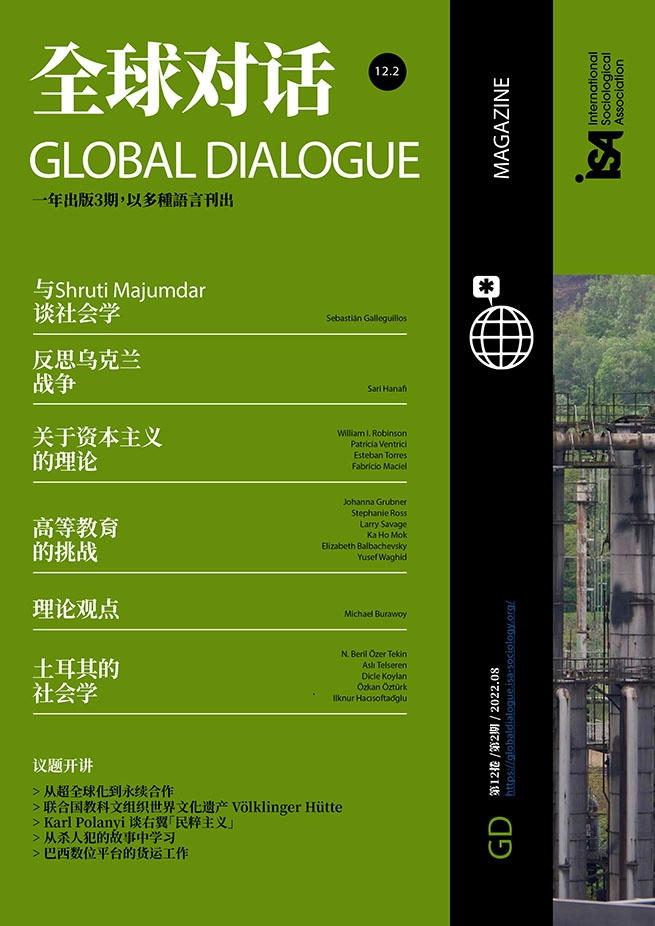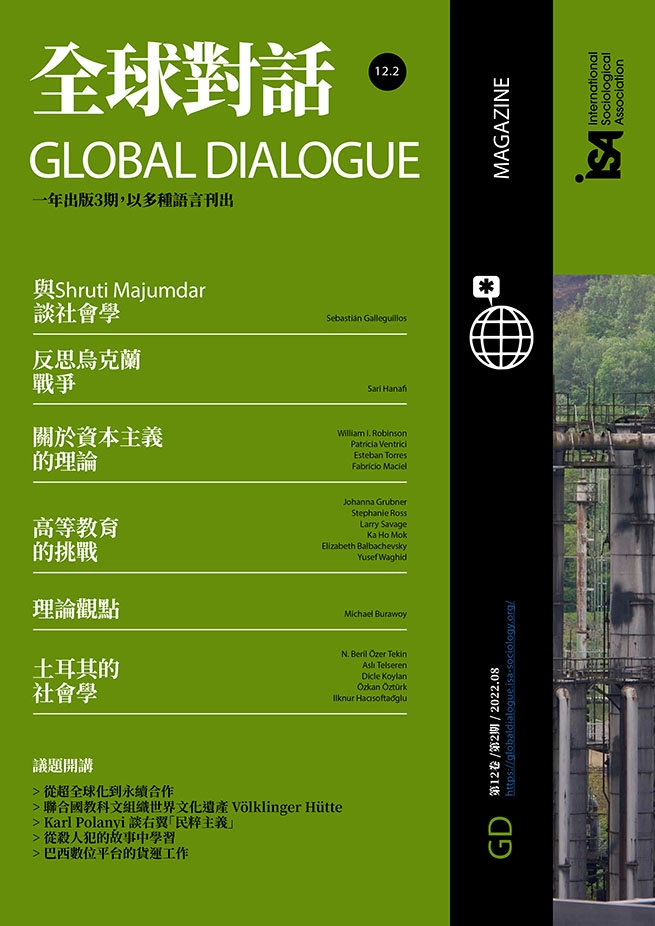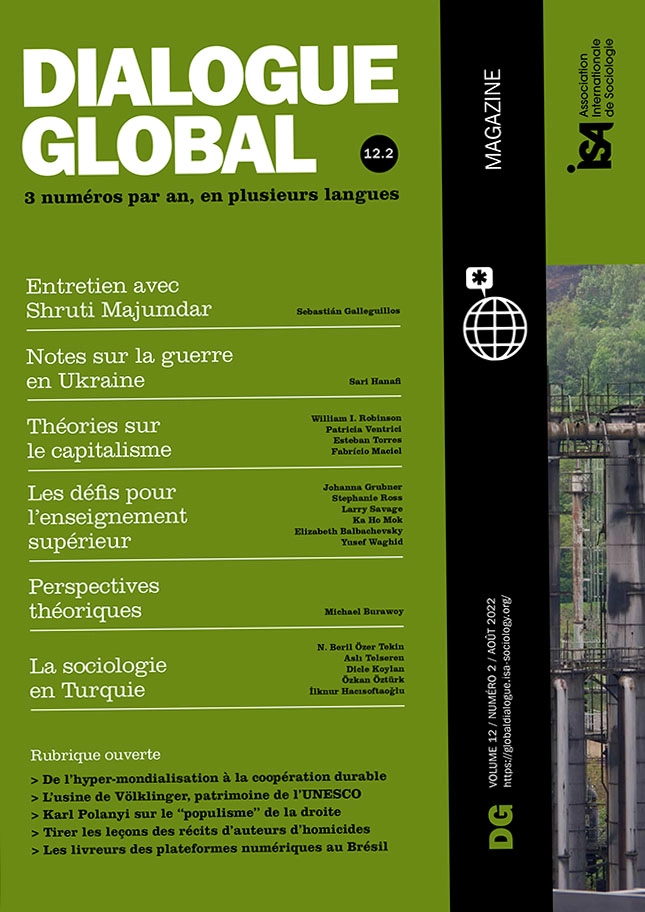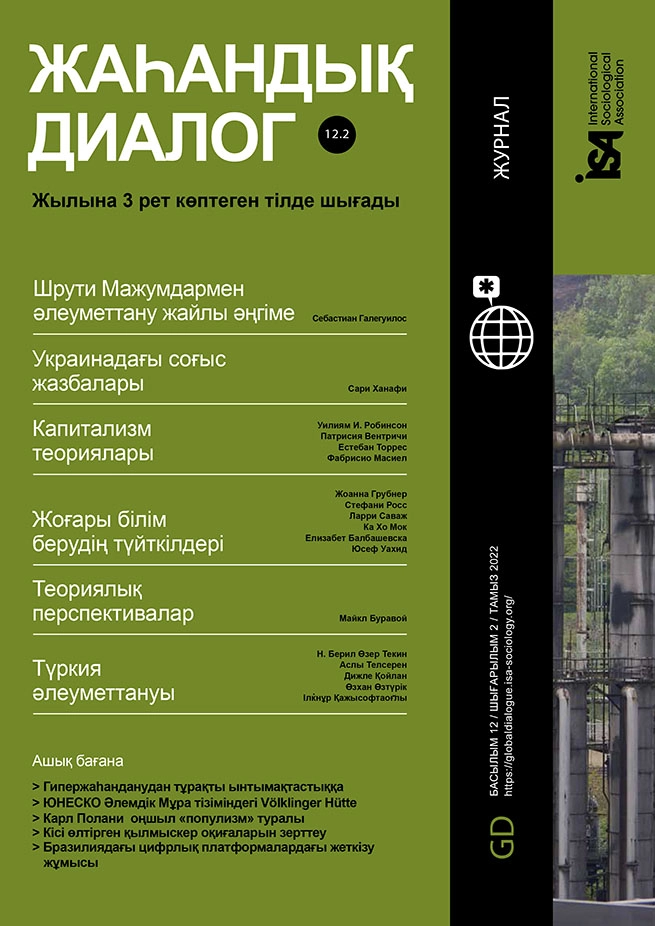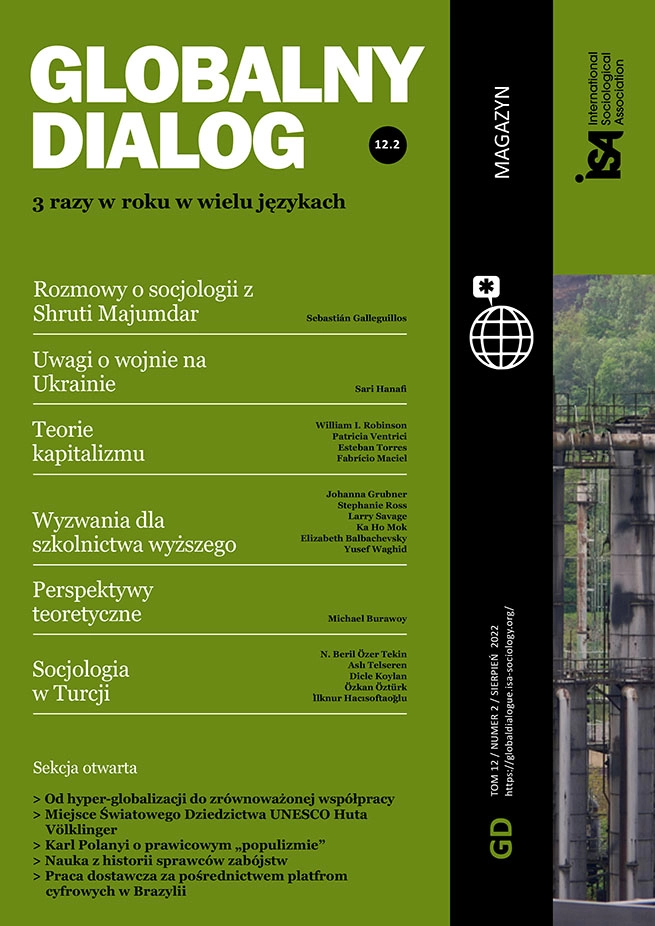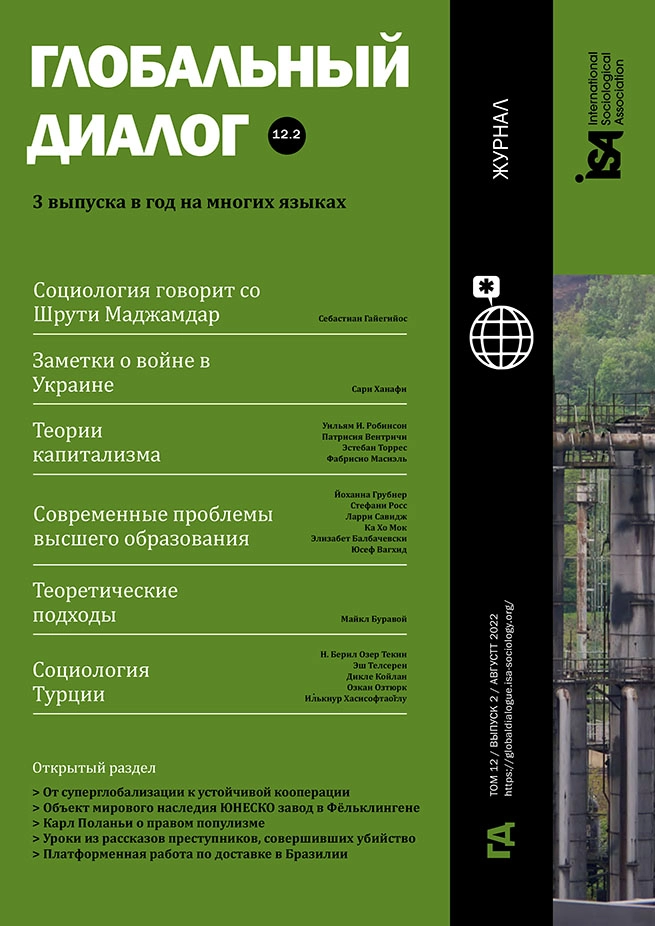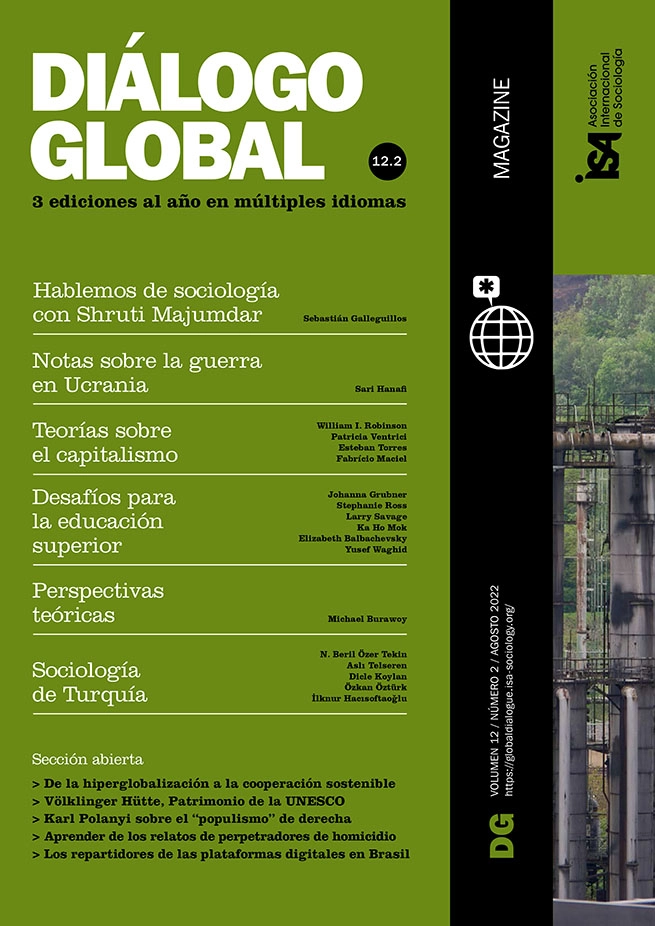Since the 1980s, fundamental transformation processes, understood as processes of neoliberal restructuring, have been set in motion, restructuring economy, politics, and society. The higher education sector and universities have been part of this general reconstruction of the public sector since the early 1990s, and have since been more and more permeated by economization and neoliberalization. A shift from state-bureaucratic regulation to an increased orientation toward market and business organization and control mechanisms can be observed in many countries. This has had severe consequences on different levels.
Three relevant realignments may be mentioned here: First, in many countries a standardization of study programs and restrictions on the freedom of choosing courses based on interest have been set in place, which has fundamentally changed the mode of studying for students. At the same time, universities have undergone a massification that has had an impact on job opportunities after graduation and lowered the importance of academic degrees. Second, in many higher education systems, a de-secured employment system has accompanied the neoliberal turn from welfare- to workfare-state and therefore forced precarization. With the marketized form of ranking universities and academics, competition has generally increased and has created a type of working subject that (seemingly) meets the requirements of a flexible, deregulated labor market and workplace arrangement by increasing productivity in a highly efficient manner. And third, these new requirements have had a new impact on gender arrangements in higher education systems while appearing as gender neutral, since everyone is ranked equally. Structurally, those with greater ability to manage their own time and without care responsibilities are favored.
The articles in the symposium pick up these transformations and trends in the higher education system and focus on different consequences of these trends. In the first contribution, Stephanie Ross and Larry Savage examine the effects of the ongoing neoliberalization of the Canadian higher education sector in terms of the commodification of higher education and the reorganization of work regimes. They look at the adaptations made during the COVID-19 pandemic and the opportunities and necessity for change they have made visible. Ka Ho Mok takes up the topic of job opportunities for higher education graduates in light of the massification of East Asian higher education institutions. He examines the consequence of the highly competitive labor market this development has brought forward. In her contribution, Elizabeth Balbachevsky discusses the challenges universities are facing vis-à-vis a neo-populist government that is trying not to transform but to defeat higher education systems. She shows how in the case of Brazilian universities semi-autonomous decision-making processes can ensure the stability of universities when administration collapses due to the government’s mismanagement. Critically looking at the trend of remote teaching, Yusef Waghid examines the idea, accentuated by the COVID-19 pandemic, of universities as institutions solely in charge of knowledge transfer. He argues for a restructuring of (South) African universities along the African ethic of ubuntu to make universities autonomous institutions that are at the same time connected to and positioned within society.
Johanna Grubner, Johannes Kepler University, Austria and Assistant Editor of Global Dialogue






